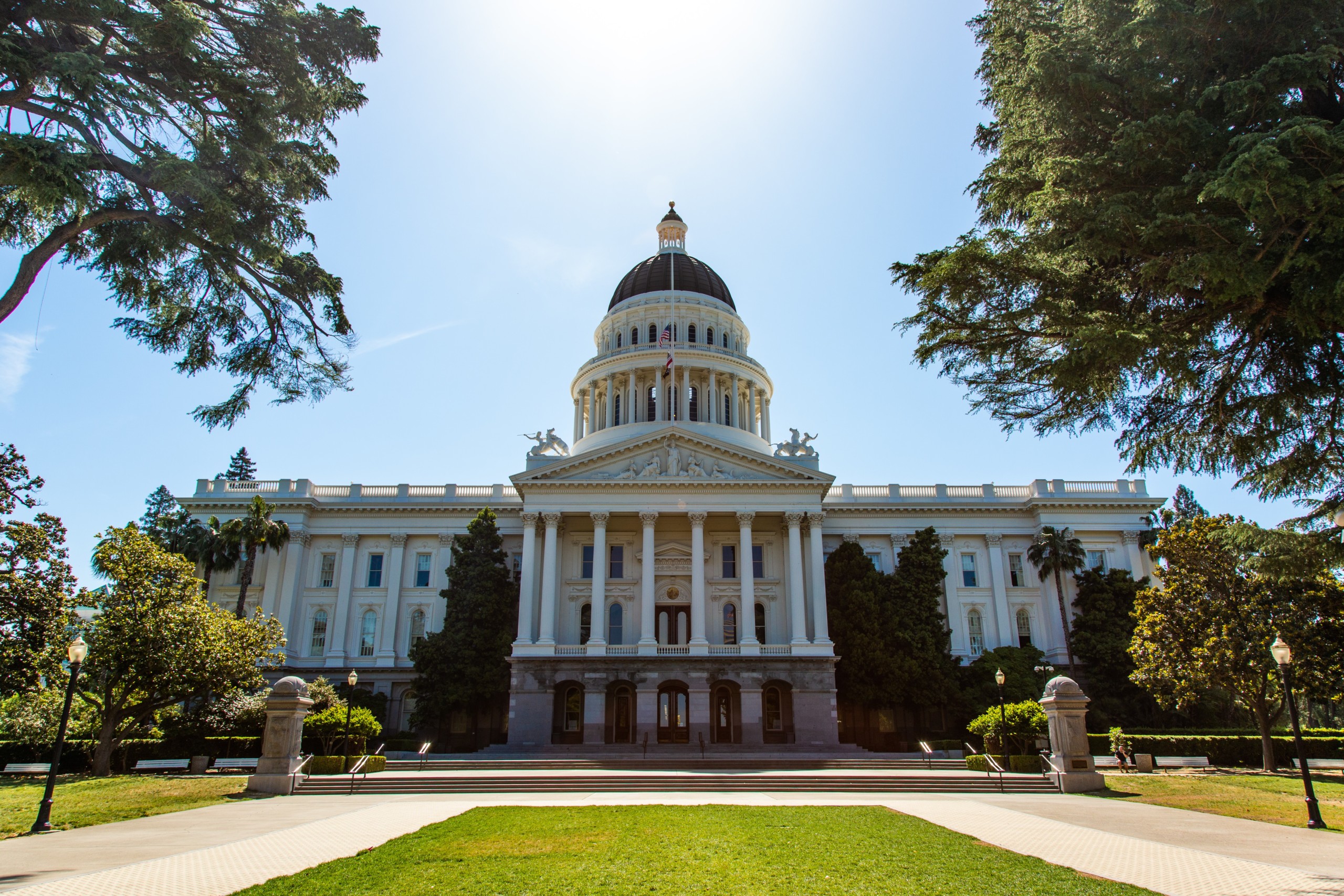What does this appointment mean to you as a long-standing public servant?
It’s a great honor. ICMA is the premier professional association for city and county managers around the world, and having the ability to serve as their president-elect is validation for me that I’ve served this profession in an honorable way.
Community building isn’t easy, but it’s rewarding, and having a positive impact on the lives of people over the years has helped me fulfill my own sense of purpose. The work I’ve done throughout my career, and continue to do, is really meaningful to me. But public officials’ work is never done. I felt like I’ve given the better part of my career to public service, and it’s helped me to be a better person. I understand the value of different perspectives and opinions, and that helps me be better.
Now I get to give something back to this profession that’s done so much for me. I’m a huge proponent of lifelong learning, and I hope to learn a lot from others as part of this experience too.
Are there any early goals you aim to accomplish going in? Any long-term goals?
During my first year, I’ll serve as president-elect under the leadership of Jim Malloy, who is the City Manager of Lexington, Massachusetts. He will assume his role as president during the Unite Digital event, this year’s ICMA Annual Conference that runs from September 23-26. I look forward to serving with Jim and helping navigate us through recovery from the COVID pandemic. I’ll later assume my role as president at the 2021 ICMA Annual Conference in Portland, Oregon.
During my presidency, I anticipate the world will be a much different place than it is today. The global pandemic will hopefully be behind us; however, we will still be dealing with issues such as social equity in an extremely polarized political environment. No matter what the outcome of the 2020 election is, it is highly likely that divisions in our country will still exist. Local governments are on the front lines, and we have to figure out ways to engage in conversations on these difficult issues and build civility in our communities. With constructive education, input and conversations, we can develop policies that are responsive to our communities’ needs and help rebuild capacity.
How will your roots in California municipal government inform your role as a leader in city management across the country and the world?
I’ve had the fortunate blessing to work in California throughout my professional career, and California is really unique. We are an incredibly diverse state, not only from a demographic perspective but from a resource, economic and global perspective. We’re home to Silicon Valley, we have two of the largest ports in the country, we’re the film capital of the world, and our cities have some of the highest tourism rates of anywhere. The experiences that I’ve had in both Northern and Southern California have forced me to look differently at issues. For example, water issues in Northern California are very different from water issues in Southern California – and that’s challenged my whole thinking about how I problem-solve at the local, regional and statewide level.
My experience in California has prepared me well to hear from leaders around the world on a myriad of issues. I’ll have to learn a lot about how solving a sewage problem in India may help people in China with forest restoration, or how addressing the fires in Australia will help recovery efforts in Canada or the United States. California is typically looked at in the context of being a bellwether in many ways as it relates to innovation, economic stewardship, economic strength and more. Being on the ground here for almost 30 years gives me a good perspective on how to approach problem-solving in different ways to find solutions for particular communities. It’s a really dynamic time, this is a really exciting opportunity and being in California has helped prepare me for some of the regional and global issues that I’ll be trying to address.
What is your vision for collaborating with other organizations like CCMF in the city management community?
ICMA doesn’t solve the world’s problems on its own, and neither does any one city. So, we need partners. From my perspective, the work that the California City Management Foundation (CCMF) is doing in terms of advocating on behalf of local government, in terms of building capacity among people in local government and helping bring people into this profession, is equally as important as what ICMA is doing. I admire the work that CCMF is doing, I’m supportive of the work that CCMF is doing, and I think that we can work really well together in trying to achieve a common goal.





